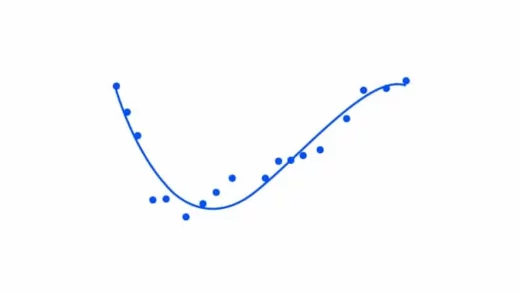I recently came across the quite adventurous but nonetheless intriguing theory of the bicameral mind by Julian Jaynes which essentially claims that consciousness is a cultural phenomenon which originated only ~3000-4000 years ago around the time of the first mass migrations of large literate civilisations. Before that, Jaynes argues, humans largely functioned through a condition called the bicameral mind where auditory hallucinations emerging from the right hemisphere commanded their behaviour at least when it came to complex decisions.
it is perfectly possible that there could have existed a race of men who spoke, judged, reasoned, solved problems, indeed did most of the things that we do, but were not conscious at all.
Julian Jaynes
It is claimed that this was a subconscious phenomenon and that emerging self-awareness and world modelling in the mind superseded it and made it disappear except for a few vestiges in modern society such as the condition of schizophrenia.

Jaynes puts emphasis on the role of language in the origin of consciousness. In particular, he identifies metaphor as a facilitator of the mind space which models complex circumstances such as temporality or intentions. For example we need language to create the metaphor of a river to represent the unstoppable and irreversible flow of time. This allows us to materialize this thought in our mind and enables us to become conscious of it.
In his book The Origin of Consciousness in the Breakdown of the Bicameral Mind (OCBBM) Jaynes collects and articulates an impressive amount of (partly controversial) evidence for the transition from a bicameral mind to modern consciousness ranging from a variety of scientific areas. The theory certainly comes off as a bit ambitious and some of the claims seem to have been influenced by confirmation bias. Still, I would recommend it as a read for anyone who wants their preconceptions seriously challenged once in a while.
One of the main findings in the book revolves around stylistic changes found between the ancient homeric epics Iliad and Odyssey which allegedly mark the partial transition between the bicameral and the conscious mind in ancient Greece. In general, both these poems exhibit a remarkable lack of mental introspection or reflection by their protagonists; even less so the Iliad. Very rarely the characters make decisions based on acts of thought. Instead, it is usually gods which directly influence the heroes behaviour by telling them what to do or giving them crucial information. According to Jaynes the stories in these epics are retellings of actual historical events of a mostly bicameral society on the verge of developing an introspective mind and notion of self.
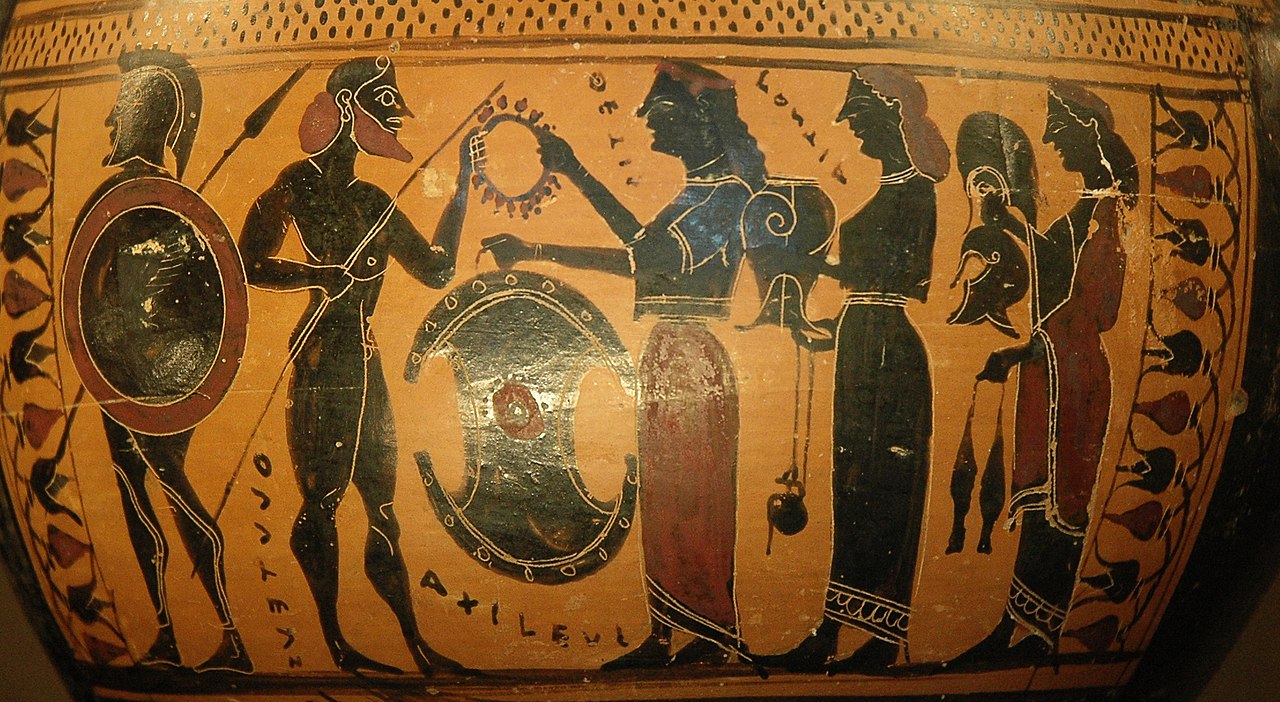
Jaynes identifies seven mind related words which he claims illustrate this change by going through different stages of usage and meaning. These words change from representing completely objective parts of the environment or of the body in the Iliad (implying that they are often mistranslated) to increasingly more metaphorical meanings in the Odyssey and in later centuries all join together in the notion of the subjective conscious mind which is reflected in their frequent translation to mind or soul.
The seven mind words are:
- θυμός (thumos)
- φρήν (phren, more commonly plural phrenes)
- νόος (noos)
- ψυχή (psyche)
- καρδία (kardia, homeric variant spelled kradie)
- ἔαρ (her)
- ἦτορ (etor)
Let’s try and reproduce some of the claims made in the book through computational text analysis on the Homer editions in the Diorisis corpus of ancient Greek texts [1]. We begin with an easily verifiable claim on page 344 of OCBBM where it says that in the Odyssey there is a “definite rise in frequency for phrenes, noos and psyche and a striking drop in the use of the word thumos” compared to the Iliad. Here are the frequency distributions of the corresponding lemmata in the texts.
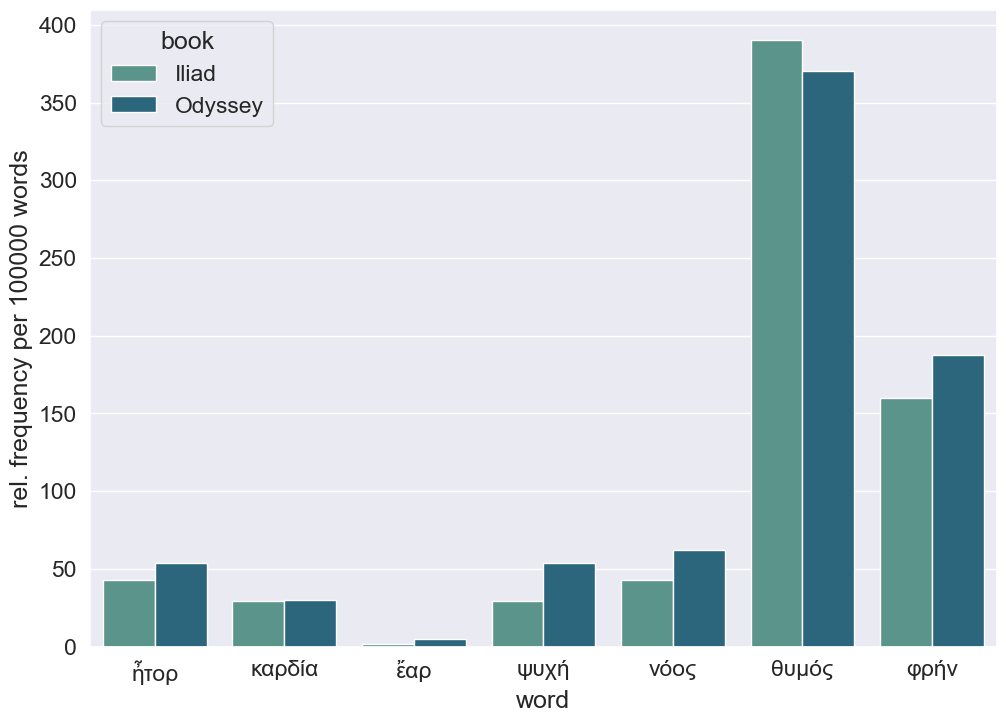
The frequency here is normalized to the relative frequency within 100’000 words. The word ἔαρ (her) is very rare in both books and can hardly be analysed thoroughly. The relative frequency of all the mind words combined is 697 in the Illiad and 762 in the Odyssey. Clearly, the word θυμός occurs less in the Odyssey unlike the other mind related terms especially φρήν, νόος and ψυχή. So, I guess we can confirm this finding, even though the numbers – when normalized – are not overwhelming.
Whether these changes are caused by cultural changes and not just owed to the differences in the stories can not be said from these numbers alone but Jaynes creates a more extensive argument around it which is based on the discussion of concrete text passages. As I am definiteIy not an expert in Ancient Greek, I will carry on with the quantitative text analysis for a bit longer to see if any blatant disagreement with the theory can be found.
Let’s look at the verbs which cooccur with the mind words in the respective books to get an idea how the meaning might have shifted over the years between these two epics. We start with θυμός (thumos).
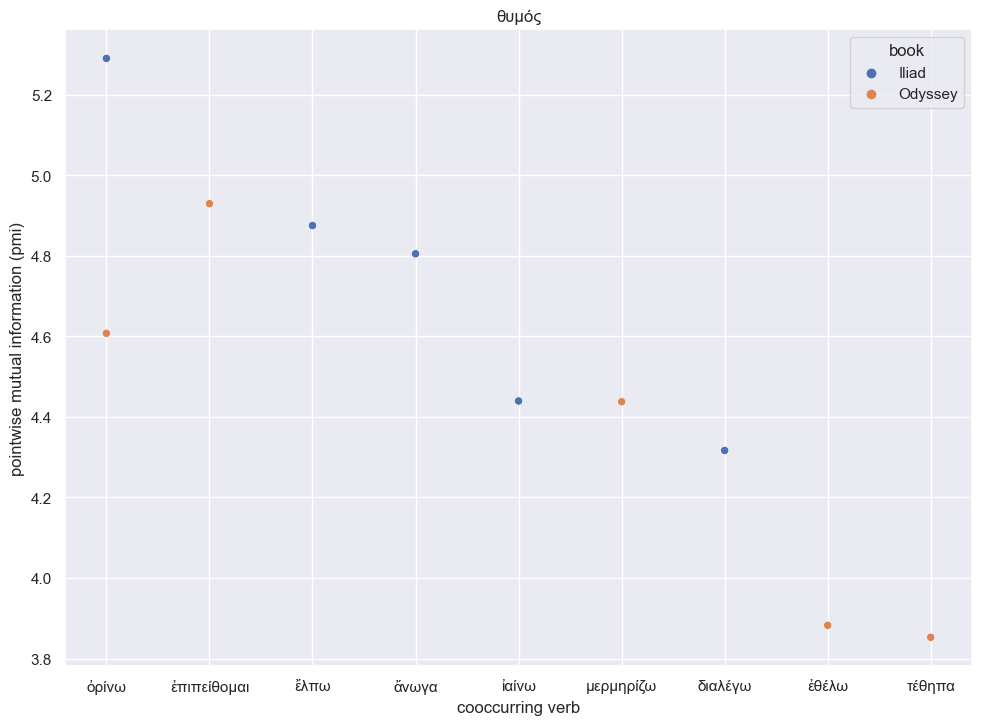
Pointwise Mutual Information (PMI) is a measure of cooccurrence which weighs the probability of two words occurring together against each of them occurring individually. Applied specifically to verbs in the same sentence as the mind word, it tells us about possible verbs which are characteristic for the word in the respective text.
The most correlated verb in the Iliad is ὀρίνω which means to stir or arouse. In the Odyssey it is ἐπιπείθομαι which means to be persuaded to do something or to obey. ὀρίνω is the second most correlated verb in the Odyssey. The following verbs in Iliad are ἔλπω (to hope), ἄνωγα (to command) and ἰαίνω (to heat, warm) while in the Odyssey we have μερμηρίζω (to ponder, wonder, reflect) which is a verb that shifts in meaning through the breakdown of the bicameral mind according to Jaynes. Initially referring to a tumultuous feeling of indecisiveness in the body, it transitions to stand for the process of thought as the θυμός is abstracted into a conception of self or soul in the mind space.

This plot of the distribution of declinations shows that the verbs in the Iliad more often carry θυμός in a transitive object relationship while in the Odyssey it seems to be dative object and subject more commonly. Together with the previous analysis, we can see that the difference between these texts could fit to the explanation of a shift from a more passive θυμός which is acted upon by gods (hallucinated voices) to a more active role as the soul or subjective self. Of course, based on this analysis alone, such assumptions would be highly speculative but it can be seen as an addition to the bigger frame of Jaynes’ theory.
How about φρήν (phren), νόος (noos) and ψυχή (psyche) which are used more frequently in the Odyssey?
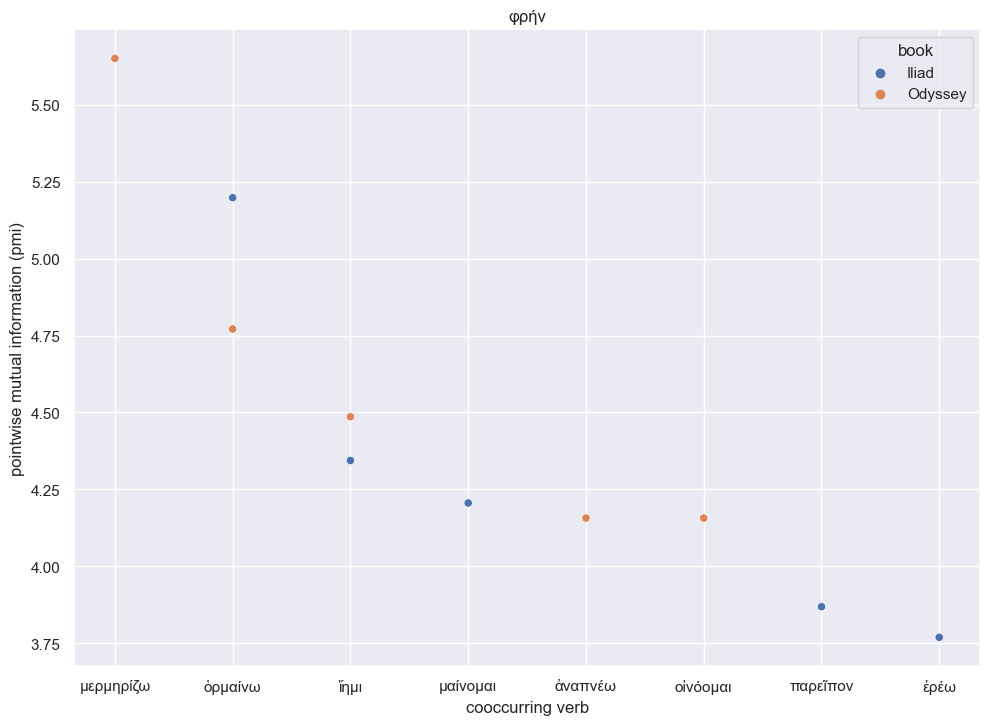
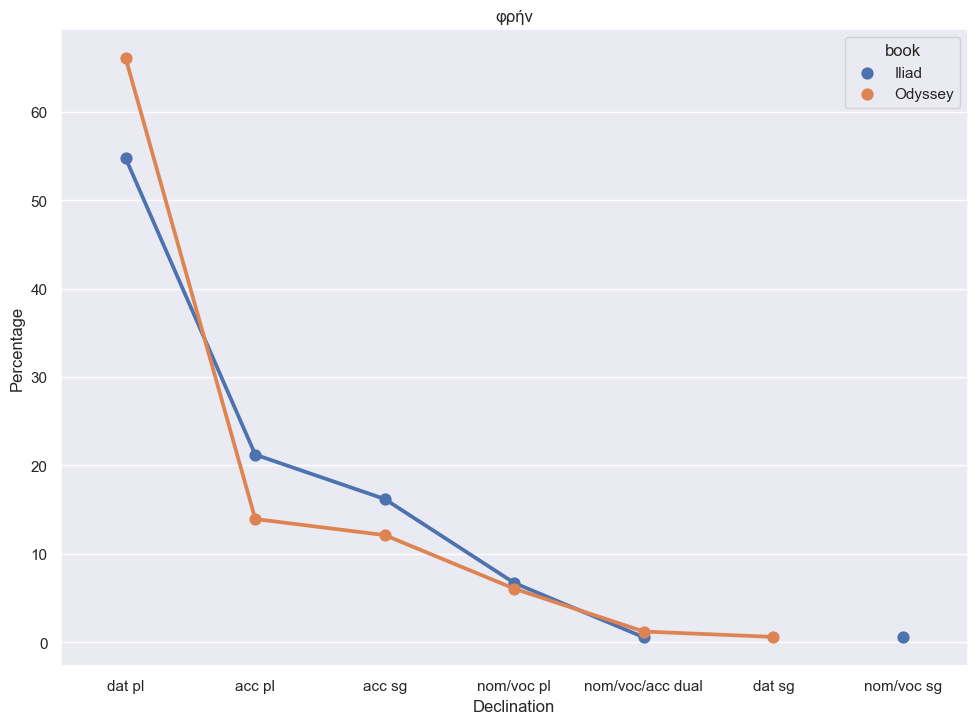
φρήν nearly exclusively occurs in plural form mostly in dative. It may be plural as it refers to the inner organs of the stomach or the lungs and is seen as the seat of emotion or will. Again, as with θυμός, we see μερμηρίζω (to ponder, reflect) cooccur frequently in the Odyssey but not in the Iliad. ὁρμαίνω (incite, stir up) and ἵημι (to throw, send) both cooccur with φρήν frequently in both texts.
νόος (noos) and ψυχή (psyche) are very infrequent overall in both poems. It does not seem that there are any particularly interesting correlations to be found on the base of the little information. Most verbs occur only once or twice with the words.
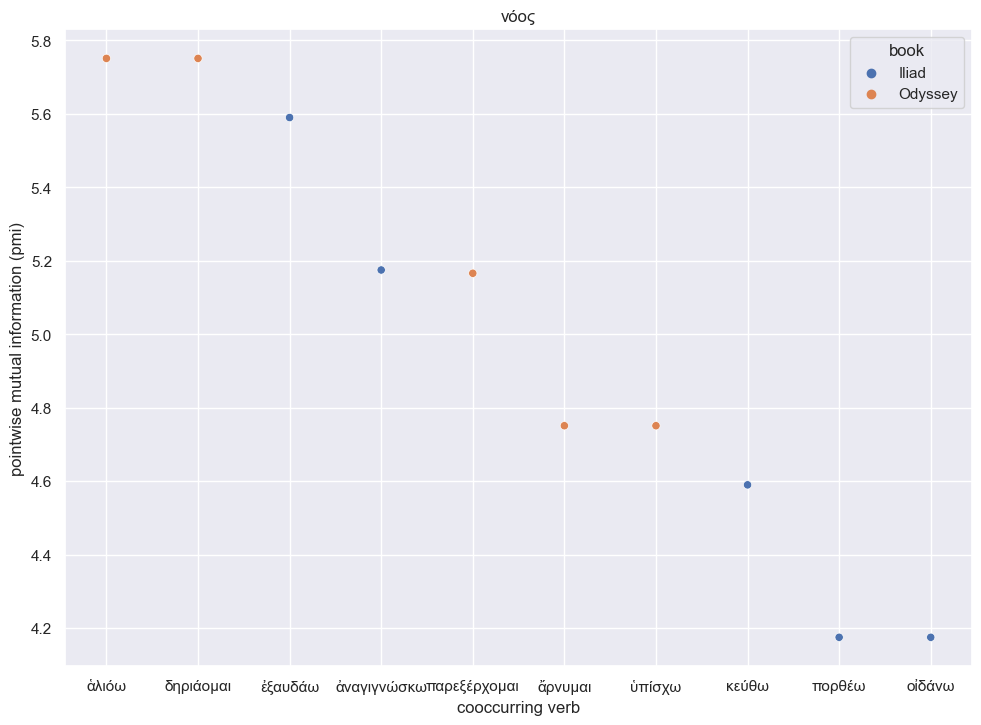
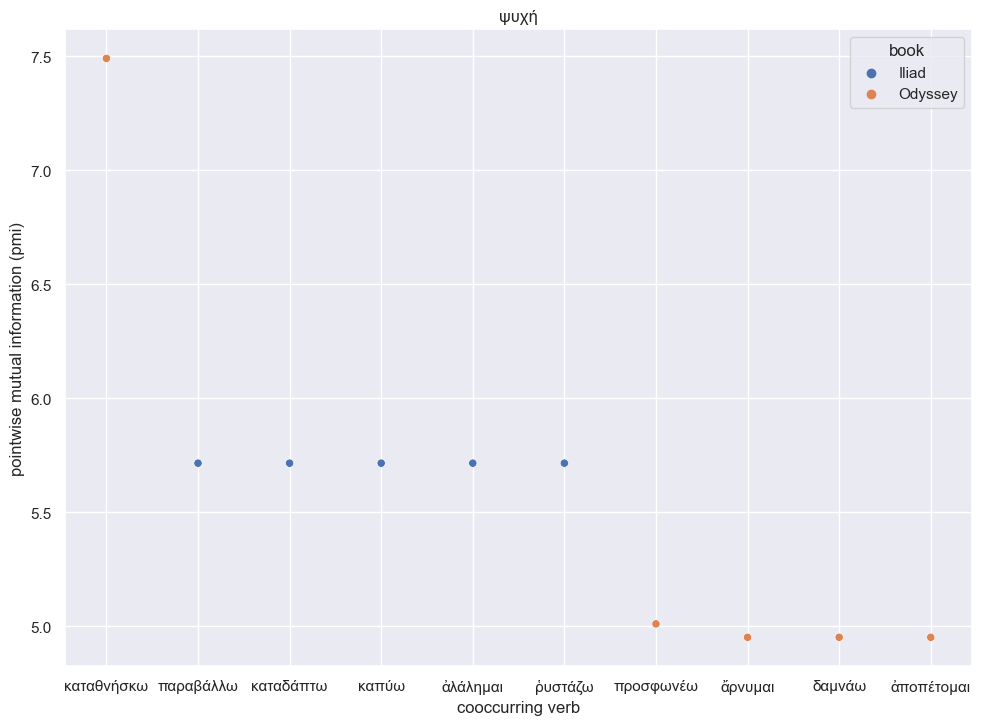
The two verbs most correlated with ψυχή in the Odyssey are commonly translated as to die and to speak. In the Iliad it occurs three times with γοάω (to wail).
From the analysis it seems that the differences between the usage of the defined mind words are remarkable. On the other hand, it does not seem that there has been a complete shift in mentality in the time period between the two poems but rather a slight preference for a bigger variety of mind related words and a few differences in the grammatical usage in the Odyssey. That is at least on a purely quantitative level. It seems like quite a far stretch to view the changes as indications for the theory of the bicameral mind and rule out the effect of the vastly differing story types. I will not touch on whether the divergence in content and story telling of the poems can be traced back to the same conflict of mentalities. A more extensive discussion of this can be found in Jaynes’ book.
One has to acknowledge that, while Homer’s poems are a wonderful resource which miraculously survived the millennia, we know relatively little about where they came from and how original or old their content really is. Since there are not many cultural artefacts which survive the timeframes we are talking about here, the theory of the bicameral mind will probably stay of speculative nature.
Nevertheless, thinking about the evolutionary stages of consciousness sure makes for an interesting thought experiment and opens one’s mind to the possibilities in which it might develop in the future. Maybe a similar phenomenon will be observed soon in language-capable transformer networks ;).
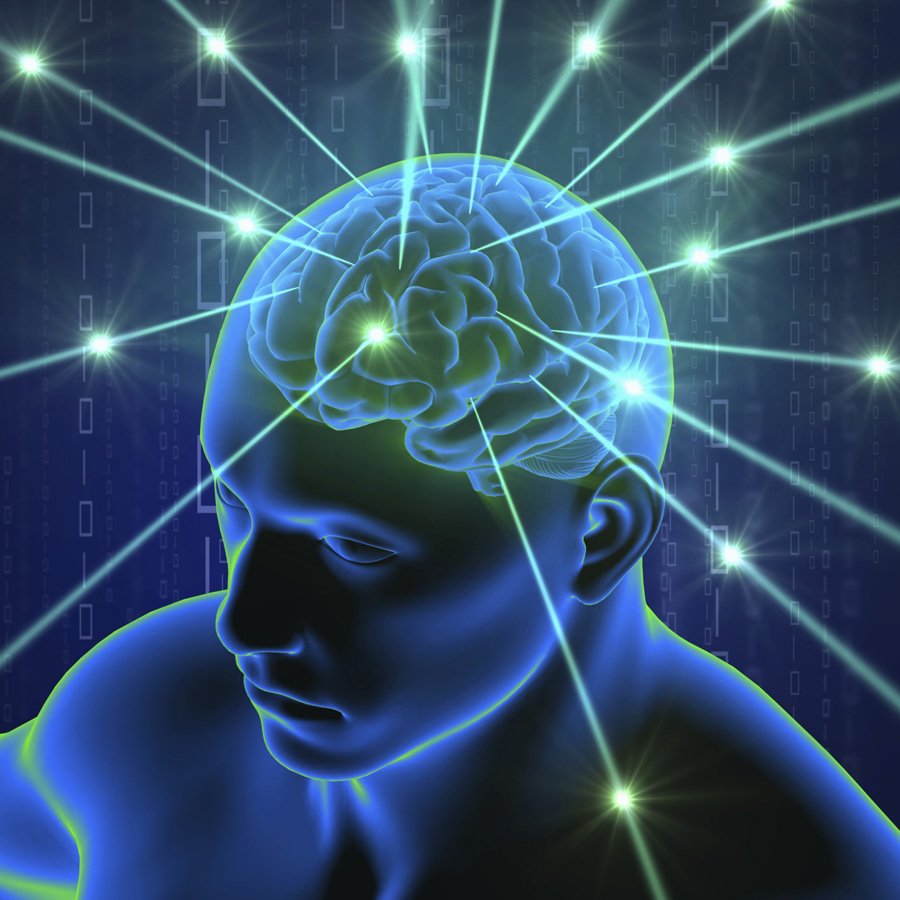
All the code and a Jupyter notebook to recreate the figures can be found here: https://github.com/Christof93/bicameral-iliad-and-odyssey
Jaynes, Julian (2000). The Origin of Consciousness in the Breakdown of the Bicameral Mind (First ed.). Julian Jaynes Society. ISBN 978-0618057078.
More about the bicameral mind theory: https://en.wikipedia.org/wiki/Bicameral_mentality


